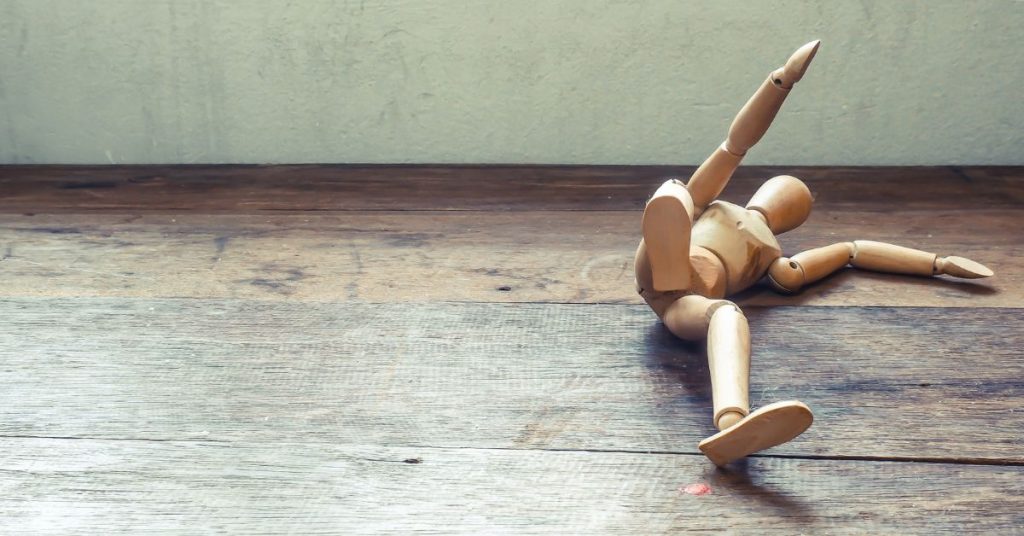Have you ever considered the connection between your ears and your ability to stay upright? It might surprise you to learn that your hearing plays a significant role in maintaining balance. Let’s delve into how hearing loss can affect your balance and what you can do about it.
Understanding the Inner Workings
Before we explore the relationship between hearing loss and balance, it’s essential to understand how our bodies maintain equilibrium. The inner ear contains structures called the vestibular system, which includes semicircular canals and otolithic organs. These structures detect motion and changes in head position, sending signals to the brain to help us stay balanced.
The Role of Sound
Now, you might wonder, what does hearing have to do with balance? Well, it turns out that the vestibular system isn’t the only player in the game. The auditory system, responsible for processing sound, also contributes to our sense of balance. When we hear sounds around us, it helps our brains orient us in space and maintain stability.

The Disruption of Balance
When someone experiences hearing loss, whether due to aging, noise exposure, or other factors, it can disrupt this delicate balance (pun intended). Without clear auditory signals, the brain struggles to accurately interpret spatial cues, leading to difficulties in maintaining equilibrium.
The Ripple Effect
The effects of hearing loss on balance can extend beyond simply feeling a bit unsteady on your feet. Studies have shown that individuals with hearing impairment are at a higher risk of falls compared to those with normal hearing. This increased risk can have serious consequences, especially for older adults, potentially resulting in injuries and a loss of independence.
Bridging the Gap
The good news is that awareness is the first step toward addressing this issue. If you or someone you know experiences hearing loss and struggles with balance, there are steps you can take to mitigate the risks:
Get Your Hearing Checked: Schedule a hearing evaluation with an audiologist to assess the extent of your hearing loss. Identifying and addressing hearing issues early can help prevent further deterioration and improve overall well-being.
Consider Hearing Aids: Modern hearing aids are sophisticated devices designed to not only amplify sounds but also enhance spatial awareness. By providing clearer auditory signals, hearing aids can aid in restoring balance and reducing the risk of falls.
Stay Active: Engage in regular physical activity to strengthen muscles and improve coordination. Exercises that focus on balance, such as yoga and tai chi, can be particularly beneficial for individuals with hearing loss.
Create a Safe Environment: Make modifications to your living space to reduce the risk of falls, such as removing clutter, installing handrails, and ensuring adequate lighting.


